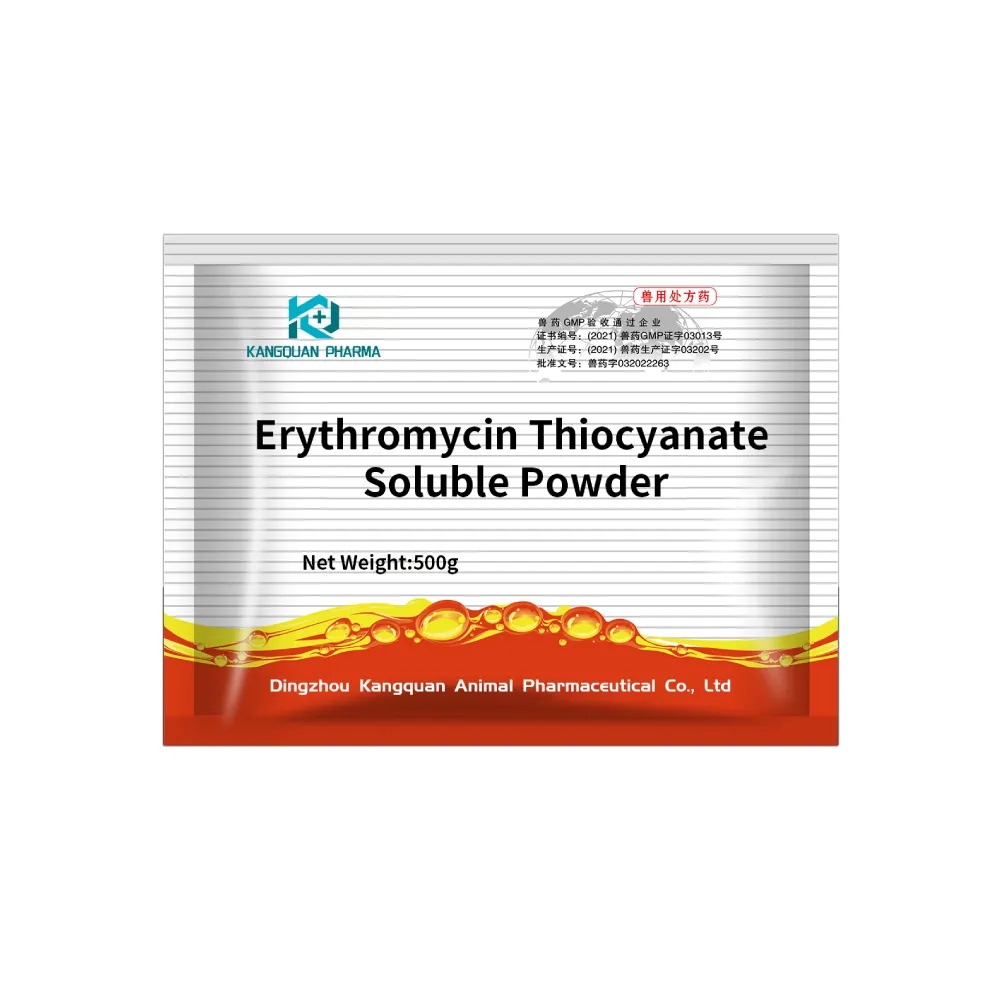- Afrikaans
- Albanian
- Amharic
- Arabic
- Armenian
- Azerbaijani
- Basque
- Belarusian
- Bengali
- Bosnian
- Bulgarian
- Catalan
- Cebuano
- Corsican
- Croatian
- Czech
- Danish
- Dutch
- English
- Esperanto
- Estonian
- Finnish
- French
- Frisian
- Galician
- Georgian
- German
- Greek
- Gujarati
- Haitian Creole
- hausa
- hawaiian
- Hebrew
- Hindi
- Miao
- Hungarian
- Icelandic
- igbo
- Indonesian
- irish
- Italian
- Japanese
- Javanese
- Kannada
- kazakh
- Khmer
- Rwandese
- Korean
- Kurdish
- Kyrgyz
- Lao
- Latin
- Latvian
- Lithuanian
- Luxembourgish
- Macedonian
- Malgashi
- Malay
- Malayalam
- Maltese
- Maori
- Marathi
- Mongolian
- Myanmar
- Nepali
- Norwegian
- Norwegian
- Occitan
- Pashto
- Persian
- Polish
- Portuguese
- Punjabi
- Romanian
- Russian
- Samoan
- Scottish Gaelic
- Serbian
- Sesotho
- Shona
- Sindhi
- Sinhala
- Slovak
- Slovenian
- Somali
- Spanish
- Sundanese
- Swahili
- Swedish
- Tagalog
- Tajik
- Tamil
- Tatar
- Telugu
- Thai
- Turkish
- Turkmen
- Ukrainian
- Urdu
- Uighur
- Uzbek
- Vietnamese
- Welsh
- Bantu
- Yiddish
- Yoruba
- Zulu
10 月 . 03, 2024 06:49 Back to list
600 mg Albendazole Bolus for Effective Treatment of Parasitic Infections
Understanding Albendazole Bolus 600 mg Uses, Mechanism, and Benefits
Albendazole is a broad-spectrum anthelmintic (anti-parasitic) medication commonly used to treat various parasitic infections in both humans and animals. The formulation in focus, Albendazole bolus 600 mg, is particularly designed for veterinary use, providing an effective solution for livestock suffering from worms and other parasitic infestations.
The Role of Albendazole
Albendazole works by inhibiting the polymerization of tubulin, a protein essential for the formation of microtubules. This disruption leads to the immobilization and death of the parasites. By affecting the cellular structure of the worms, Albendazole prevents their ability to absorb glucose, ultimately leading to their energy deprivation and demise. Its efficacy spans multiple types of parasites, including roundworms, tapeworms, and flukes.
Indications for Use
The primary indication for Albendazole bolus 600 mg is in livestock, especially cattle, sheep, and goats. It is used to combat various helminth infections such as
- Oxyuriasis Infections caused by pinworms. - Strongyloidiasis Caused by Strongyloides stercoralis. - Cestodiasis Resulting from tapeworm infections. In addition to gastrointestinal parasites, Albendazole can also treat lungworms and other systemic infections in animals.
Administration and Dosage
Albendazole bolus 600 mg is typically administered orally and is designed for easy consumption by livestock. Dosage can vary based on the species being treated, body weight, and the specific type of infection. It is crucial to follow veterinary guidance to ensure appropriate dosing and minimize the risk of resistance development.
albendazole bolus 600 mg

Advantages of Albendazole Bolus
1. Broad-spectrum Activity Albendazole is effective against a wide range of parasitic worms, reducing the need for multiple medications. 2. Ease of Use The bolus form allows for straightforward administration, especially in large animals where conventional tablets might be impractical.
3. Cost-Effectiveness Compared to other anti-parasitic treatments, Albendazole is often more affordable, making it accessible for farmers and veterinarians.
4. Decreased Resistance Development When used responsibly and as part of a rotating deworming program, Albendazole can help mitigate the risk of resistance.
Safety and Side Effects
Albendazole is generally well-tolerated, but like any medication, it may come with potential side effects. In rare cases, animals may experience gastrointestinal disturbances such as vomiting or diarrhea. It is also important to avoid use in animals with known hypersensitivity to the drug or with pre-existing liver conditions.
Conclusion
Albendazole bolus 600 mg is a vital tool in veterinary medicine, providing an effective means to control parasitic infections in livestock. Its broad-spectrum efficacy, ease of administration, and cost-effectiveness make it an essential drug for maintaining the health and productivity of farm animals. Proper usage, guided by veterinary advice, ensures efficacy while minimizing side effects and the potential for resistance, ultimately contributing to the sustainability of livestock farming.
-
The Power of Radix Isatidis Extract for Your Health and Wellness
NewsOct.29,2024
-
Neomycin Sulfate Soluble Powder: A Versatile Solution for Pet Health
NewsOct.29,2024
-
Lincomycin Hydrochloride Soluble Powder – The Essential Solution
NewsOct.29,2024
-
Garamycin Gentamicin Sulfate for Effective Infection Control
NewsOct.29,2024
-
Doxycycline Hyclate Soluble Powder: Your Antibiotic Needs
NewsOct.29,2024
-
Tilmicosin Premix: The Ultimate Solution for Poultry Health
NewsOct.29,2024













